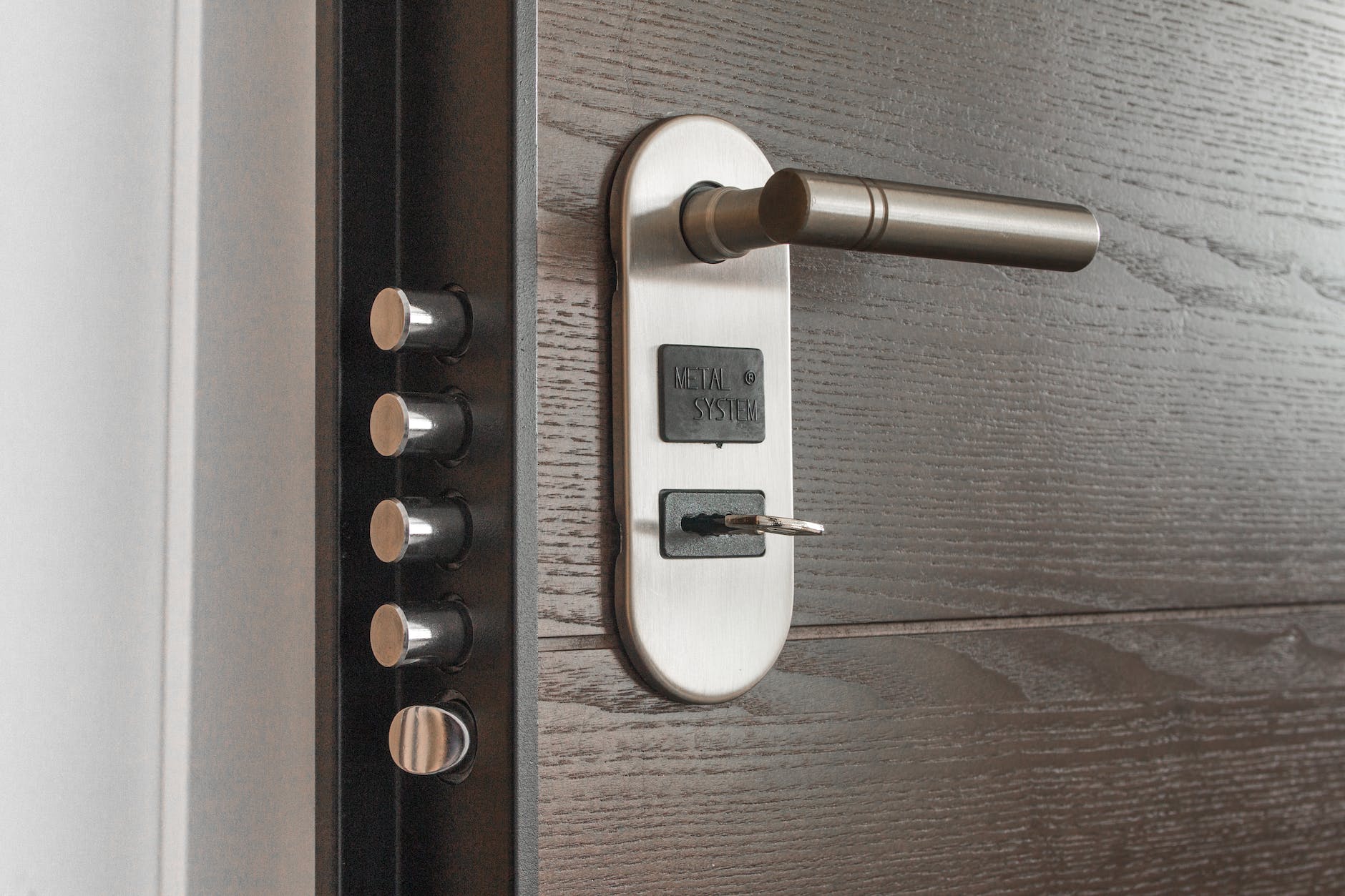
Lock
Our door locks keep us safe and secure by defending us against intruders but unfortunately, a great many people fail to properly maintain their locks. Even if the majority of locks bought at hardware stores can last for many years before needing to be replaced, this does not mean they should be neglected. By keeping your locks in good working order, you may prevent costly repairs and ensure the security of your belongings. Door locks are prone to dirt and grime accumulation, especially those that are mounted on the front doors of your home. If the dirt isn’t removed, the lock may become damaged or more difficult to use. Ontime locksmiths a professional locksmith company recommends some ways that you can keep up with the maintenance of your locks yourself:
Keep Your Locks Clean
The lifespan of your door lock can be extended by simply clearing away dirt and filth. Some locks are simpler to keep because all you need is a moist rag. However, if it’s very filthy, you may need to use some soap and warm water to get rid of all the grime. It is not recommended to use chemical or abrasive cleaners on locks since they can remove their protective coating, leaving the lock more vulnerable to rust and damage.
Check Your Door
Making sure your doors are properly mounted is one of the important considerations when making sure your locks operate well. Doors that are drooping or sagging may exert extra force on the latch or bolt. You can find it challenging to open the door when this occurs. Any more than this gap can already result in considerable misalignment, thus the door and its frame should have an even space of at least 1/8 inches to less than 1/4 inches across the top and its sides.
Take Care of Your Keys
Keep in mind that a broken key may damage your lock. Incorrect interactions between your lock’s worn-out parts and sharp edges can eventually cause issues. To protect your keys, use them carefully and replace them as soon as they start to show signs of wear. Maintaining an unused copy at all times so you can make duplicates as needed is a wise recommendation.
Align Your Strike Plate
You may be experiencing a problem with the positioning of your strike plate if you noticed a problem with the latch or lock when you examined your door. The rectangular piece of metal with a hole the size of the latch or bolt on the doorframe is called the strike plate.To make sure your striking plate is positioned perfectly for the bolt to latch, you might need to tighten the screws holding it in place. The wood on the inside of the borehole can occasionally become worn down or stick out in a way that prevents the latch from engaging. In this instance, clear any wood that is in the way with a metal file.
Use Lubricant
In addition to cleaning the outside of your locks, you need also make sure to clean them on the inside, and lubricating frequently works. Spray the lubricant, then repeatedly insert and remove the key from the lock. Before re-locking it, make sure to clean it of any debris. Avoid using lubricants made of petroleum. It might be sufficient to lubricate your doors at least once a year.
Test your Deadlatch and Deadbolt
The deadlatch on your door shouldn’t slam into the strike plate when the door is closed. Modern entry locks have a deadlatch as a crucial security feature, however, it won’t function if the striking plate is not properly aligned. Furthermore, the deadbolt should operate easily when the door closes. The door shouldn’t need to be pulled, pushed, or raised in order to open the lock. After that, take a moment to make sure the deadbolt’s door jamb hole is deep enough for the bolt to fully stretch. Until your deadbolt is fully extended, it is not locked and guarding your house.
Make Sure Your Door is Hung Correctly
A lock can only work properly if the door has been properly installed and is suitable for the lock. A door that sags or drops may put extreme strain on the lock’s latch or bolt, causing it to malfunction and lock you inside or outside of your home. The top and sides of the space between the door and the frame must be the same size. Approximately 1/8 inch and less than 1/4 inch is what experts advise. If you are hanging a new door, and are unsure of how to do so correctly, these tips may help.
Conclusion
The warranty duration for a door lock is typically one or two years. Although it is difficult to predict how long your door locks will survive, routine maintenance is unquestionably the best strategy to extend their life. It might be time to call a locksmith if, following routine maintenance, you start to notice that your locks are not working properly. Better safe than sorry!






